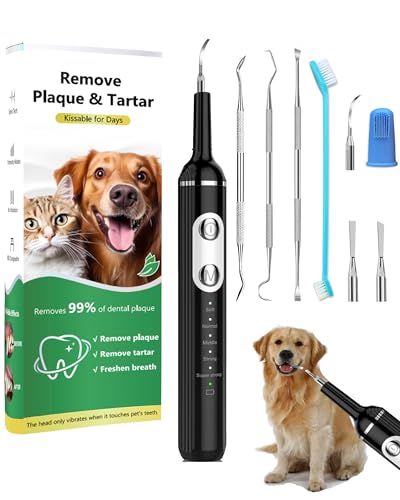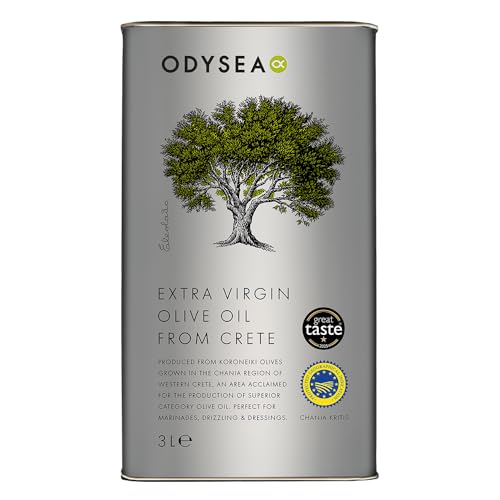




Yes, deli meat can be a tasty treat for your furry friend, provided it’s served in moderation and without harmful additives. Always opt for plain varieties, steering clear of those laced with spices, garlic, or onion, as these ingredients can pose health risks. When I first introduced my pup to deli slices, I made sure to check the label for any hidden nasties that could upset his tummy.
Incorporating these meats into your pet’s diet can be a delightful way to reward good behaviour or entice a picky eater. I remember one rainy afternoon when my dog was feeling a bit under the weather. A small piece of plain deli meat perked him right up! However, it’s crucial to remember that this should not replace a balanced diet of high-quality kibble or wet food. Treats, even tasty ones, should only make up a small part of their daily intake.
Watch portion sizes carefully; a tiny bit is sufficient for a reward. Overindulgence can lead to weight gain or digestive issues. My vet always advises keeping treats to less than 10% of your pet’s daily calories. So, when you’re thinking about giving your dog a piece of deli meat, just ensure it’s a rare treat, not a regular meal component.
Is Deli Meat Safe for Canines?
Feeding deli meat to your furry companion can be a tasty treat, but caution is necessary. Prioritise plain, unseasoned cuts without additives or preservatives.
Here are some key points to consider:
- Watch sodium levels: Processed meats often contain high salt, which may lead to health issues, like dehydration or kidney problems.
- Avoid flavourings: Spices, garlic, and onions are toxic to canines. Ensure the meat is free from any seasoning.
- Portion control: A small piece as an occasional snack is fine, but it shouldn’t replace a balanced diet.
- Monitor for allergies: Introduce new foods gradually. Be alert for any signs of allergic reactions, such as itching or gastrointestinal upset.
In my experience, using small amounts of plain deli cuts as a training reward has worked well. Just remember, moderation is key! Always prioritise a balanced diet tailored to their nutritional needs.
Understanding Nutritional Benefits of Turkey for Dogs
Providing your canine companion with lean poultry meat can enhance their diet significantly. This protein source is rich in amino acids, which play a vital role in muscle development and overall health. An adequate intake of protein helps maintain energy levels and supports the immune system.
High-quality poultry is low in fat, making it a suitable option for pets that need to manage their weight. This characteristic is especially beneficial for those who may be prone to obesity or require a calorie-controlled diet. Lean meat can also contribute to healthy skin and a shiny coat, which I’ve noticed in my own pup after introducing it into his meals.
This meat is packed with essential vitamins such as B6 and niacin, which aid in converting food into energy and support various metabolic processes. Additionally, these nutrients can assist with maintaining cognitive functions, keeping your furry friend alert and responsive.
However, moderation is key. Too much poultry can lead to imbalances in your pet’s diet. It’s paramount to ensure that their meals consist of a variety of components, including grains and vegetables. If your pet has specific dietary restrictions, such as those related to thyroid issues, consider looking into the best dog food for hyperthyroidism for optimal nutrition.
Incorporating lean poultry can be a delicious treat or a meal base, but always consult your veterinarian before making significant changes to your pet’s diet. Balancing their nutritional needs ensures a happy and healthy life for your beloved companion.
Potential Risks of Feeding Sliced Turkey to Dogs
While sharing your meal with your furry friend might seem harmless, there are risks associated with offering deli meats. Processed varieties often contain high sodium levels, preservatives, and seasonings that can be detrimental to your pet’s health. Excessive sodium intake may lead to dehydration and more severe conditions like kidney issues.
Additionally, the likelihood of allergies increases with certain meats, especially if your canine companion has a sensitive stomach. Signs of an allergic reaction may include itching, gastrointestinal upset, or even more serious symptoms. Always monitor your pet closely after introducing any new food item.
Another concern is the presence of additives. Some products include ingredients like onion or garlic powder, both of which are toxic to animals. It’s essential to read labels carefully and avoid any products that may contain harmful substances.
Feeding your pet a diet primarily based on processed meats can lead to imbalances in their nutritional intake. Whole, unprocessed foods are generally a better choice for maintaining their overall health and well-being.
Consider consulting a veterinarian before making any changes to your pet’s diet. They can provide tailored advice based on your dog’s specific needs and health status, helping you make informed choices about their nutrition.
How to Choose Safe Turkey Products for Your Canine Companion
Prioritise fresh, unseasoned meat when selecting poultry items for your furry friend. Avoid deli varieties that often contain additives, preservatives, and high sodium levels. Look for products labelled as natural or organic, ensuring minimal processing and no artificial ingredients.
Check the ingredient list carefully. The first few components should ideally be recognisable meats, not by-products or fillers. If you spot any unfamiliar terms, it’s best to steer clear. Always opt for options free from garlic, onion, or other toxic ingredients that can harm your pet.
Consider sourcing meat from reputable brands known for high-quality pet food. Look for certifications or endorsements from veterinary professionals to guarantee the product’s safety. If you’re unsure, consult with your vet before introducing new items into your pet’s diet.
Portion control is key. Introduce any new protein gradually to monitor your pet’s reaction. This helps identify any potential allergies or digestive issues. Start with small amounts and observe how your companion responds before increasing the quantity.
Lastly, always store any leftover meat properly. Refrigerate or freeze immediately after opening to prevent bacterial growth. Keep an eye on expiration dates and discard any items that show signs of spoilage. Your pet’s health is paramount, so make informed choices when selecting poultry products.
Recommended Serving Sizes of Turkey for Canines
The appropriate portion of poultry should be tailored to the animal’s size, age, and overall health. Here’s a breakdown of suggested servings:
| Weight of Canine | Recommended Portion |
|---|---|
| Small (up to 10 kg) | 30-50 grams |
| Medium (10-25 kg) | 50-100 grams |
| Large (25-40 kg) | 100-150 grams |
| Giant (over 40 kg) | 150-200 grams |
These quantities should be seen as a guideline. If your furry friend has specific dietary needs or health issues, consulting a veterinarian is wise. Additionally, consider adjusting the serving size based on the type of meal plan you follow. If your pet enjoys various foods, the poultry portion may need to be reduced accordingly.
It’s also advisable to monitor the response after introducing this meat into their diet. Keeping an eye on their weight and overall well-being will help you determine if any adjustments are necessary. A happy and healthy pet is the goal, after all!
Alternatives to Sliced Turkey for Dog Treats
Instead of reaching for processed meats, consider wholesome options that can delight your furry friend. Chicken, particularly boiled or grilled, is usually a safe and tasty alternative. It’s lean and packed with protein, making it a great choice for maintaining muscle health. Just ensure it’s boneless and free from seasoning.
Fish Treats
Fish, such as salmon or sardines, can be a nutritious alternative. Rich in omega-3 fatty acids, they support skin and coat health. Always opt for cooked fish without bones, and be cautious with canned varieties–go for those packed in water without added salt.
Vegetable Snacks
Don’t overlook veggies! Carrots, green beans, and sweet potatoes can be excellent choices. They are low in calories and high in fibre, perfect for keeping your pet satisfied and healthy. Steamed or raw, they can be given as crunchy snacks or mixed into meals for added nutrition.







